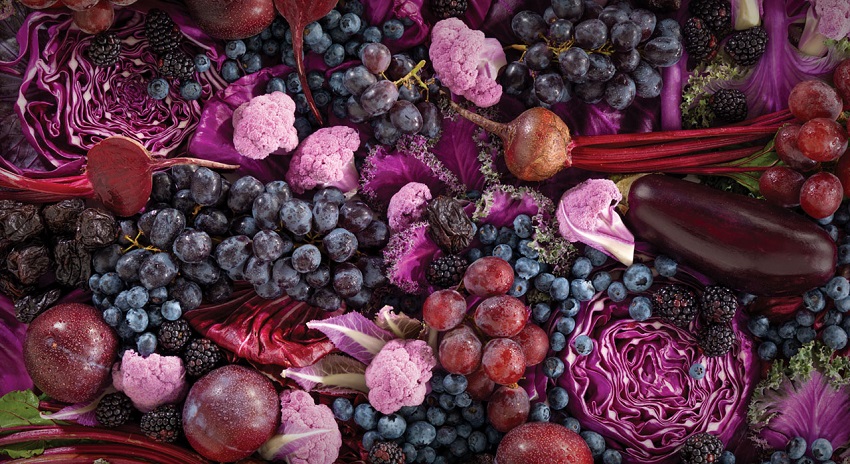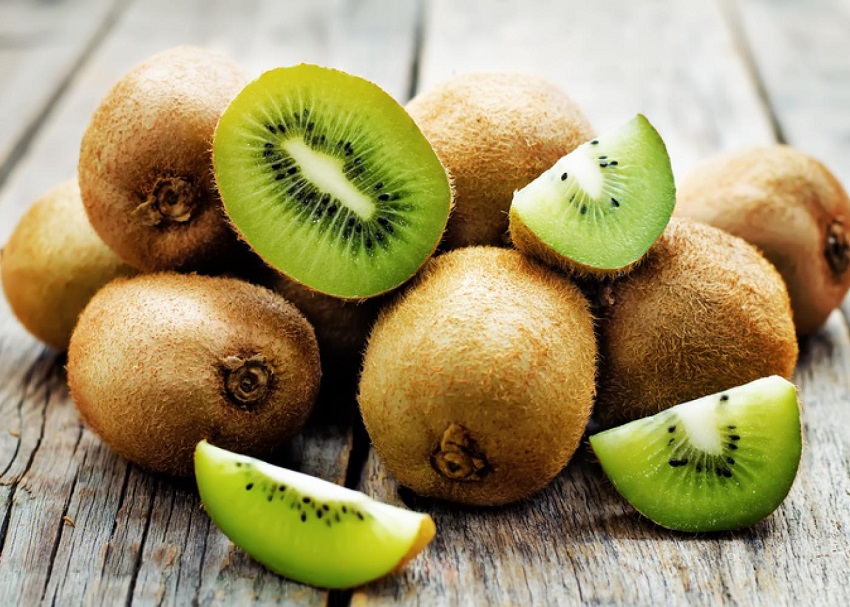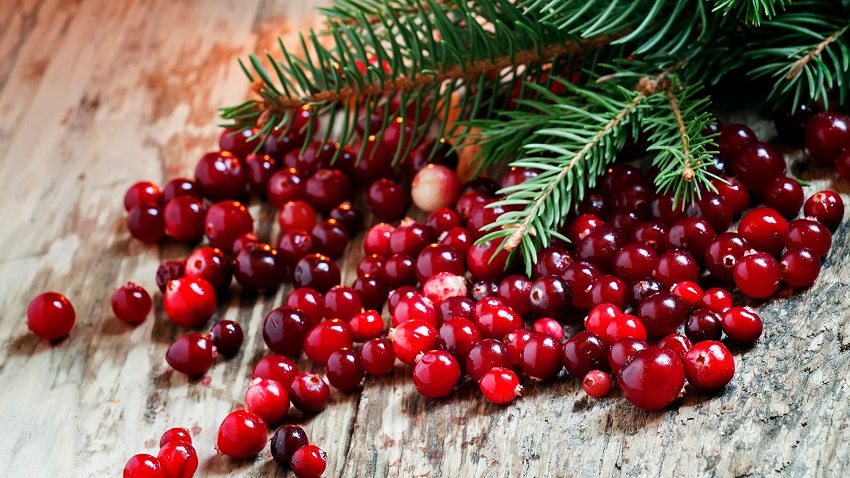
24 Jul What Fruits Are Rich in Phytonutrients?
Phytonutrients, also known as phytochemicals, are natural compounds found in plants that offer numerous health benefits. These substances play a vital role in protecting plants from diseases and pests, and they can have similar protective effects on the human body when consumed. In this article, we will explore various fruits that are rich in phytonutrients and the potential benefits they provide to our health. The article is submitted by improvelifehere.com
The Power of Phytonutrients
Phytonutrients are essential for plants to thrive in their environments. They act as antioxidants, anti-inflammatory agents, and even offer protection against harmful ultraviolet rays. When we consume these fruits, we also benefit from their powerful properties.
Blueberries: Nature’s Antioxidant Powerhouse
Blueberries are among the most potent sources of phytonutrients. They contain anthocyanins, which give them their vibrant color and possess strong antioxidant properties. These antioxidants help combat free radicals in our bodies, reducing oxidative stress and lowering the risk of chronic diseases. Discover the phytonutrients fruits and vegetables.
Apples: A Fiber-Rich Phytonutrient Source
The old saying “an apple a day keeps the doctor away” holds truth due to the abundant phytonutrients present in apples. Apples are a great source of quercetin, a flavonoid that exhibits anti-inflammatory and anti-allergic properties. Additionally, the fiber content in apples promotes digestive health.
Citrus Fruits: Vitamin C and Beyond
Citrus fruits such as oranges, lemons, and grapefruits are well-known for their high vitamin C content. Vitamin C acts as a powerful antioxidant and boosts our immune system. Apart from that, citrus fruits contain various other phytonutrients, including limonoids and flavonoids, contributing to their overall health benefits.
Grapes: Resveratrol for Heart Health
Grapes are rich in resveratrol, a phytonutrient known for its potential heart-protective effects. Resveratrol may improve blood flow, reduce inflammation, and lower blood pressure. It’s no wonder that moderate consumption of red wine, made from grapes, is associated with certain health benefits.
Berries Galore: Strawberries and Raspberries
Strawberries and raspberries are packed with various phytonutrients, including ellagic acid and quercetin. These compounds have been linked to anti-cancer properties and may help in combating certain types of cancer cells. Moreover, these berries are delicious additions to a balanced diet.
Kiwi: A Nutrient-Dense Superfruit
Kiwi is a lesser-known yet highly nutritious fruit. It contains a remarkable amount of vitamin C, vitamin K, and vitamin E, along with numerous phytonutrients. Kiwis are known to support heart health, improve digestion, and enhance our immune system.
Papaya: Rich in Papain and Carotenoids
Papaya is rich in papain, an enzyme known for its digestive benefits. It aids in breaking down proteins and may help alleviate digestive discomfort. Additionally, papaya contains carotenoids like beta-carotene, which are potent antioxidants that promote healthy skin and vision.
Avocado: Creamy and Nutrient-Rich
Avocado is a unique fruit known for its creamy texture and healthy monounsaturated fats. It also contains various phytonutrients, including lutein, zeaxanthin, and phytosterols, which are beneficial for eye health and cholesterol management.
Watermelon: Hydration and Lycopene
Watermelon is a refreshing summer fruit with high water content that keeps us hydrated. It’s also a good source of lycopene, a phytonutrient that gives it its red color and offers antioxidant properties, potentially reducing the risk of certain cancers.
Pomegranate: A Heart-Healthy Jewel
Pomegranate seeds are packed with potent antioxidants, including punicalagins and anthocyanins. These antioxidants are known for their heart-protective effects, improving cardiovascular health and reducing the risk of heart disease.
Pineapple: Bromelain for Digestion
Pineapple contains bromelain, an enzyme that aids in digestion and may help reduce inflammation. This tropical fruit is not only delicious but also a rich source of manganese, vitamin C, and various phytonutrients.
Mango: Antioxidants for Skin Health
Mangoes are not only delicious but also provide an array of antioxidants like mangiferin and quercetin. These antioxidants help protect our skin from damage caused by free radicals and may contribute to a youthful appearance.
Cranberries: UTI-Fighting Phytonutrients
Cranberries are well-known for their ability to prevent urinary tract infections (UTIs). They contain proanthocyanidins that prevent bacteria from adhering to the urinary tract walls, reducing the risk of infections.
Banana: Rich in Potassium and More
Bananas are a great source of potassium, which plays a crucial role in maintaining heart health and blood pressure. They also contain catechins, dopamine, and other phytonutrients that contribute to various health benefits.
Conclusion
Incorporating a variety of phytonutrient-rich fruits into our diet can significantly contribute to our overall health and well-being. These natural compounds provide a myriad of benefits, from reducing oxidative stress and inflammation to promoting heart health and boosting our immune system. So, let’s savor the delicious flavors of nature’s bountiful fruits while reaping their numerous health rewards.
FAQs
Q1: Can I obtain phytonutrients from vegetables as well?
Absolutely! While this article focused on phytonutrient-rich fruits, many vegetables are also abundant in these beneficial compounds. Including a diverse range of fruits and vegetables in your diet will provide a broader spectrum of phytonutrients.
Q2: Are there any side effects of consuming fruits rich in phytonutrients?
In general, consuming fruits rich in phytonutrients is safe and beneficial for most people. However, if you have any allergies or medical conditions, it’s always best to consult with a healthcare professional before making significant changes to your diet.
Q3: Can phytonutrients replace the need for supplements?
While phytonutrients offer various health benefits, they should not be considered as replacements for essential nutrients or prescribed supplements. They work best when consumed as part of a balanced diet.
Q4: Can I eat fruits with phytonutrients if I am on a low-sugar diet?
Yes, many fruits with phytonutrients, such as berries, are relatively low in sugar compared to other fruits. It’s essential to consider your dietary needs and consult with a nutritionist to make informed choices.



Sorry, the comment form is closed at this time.